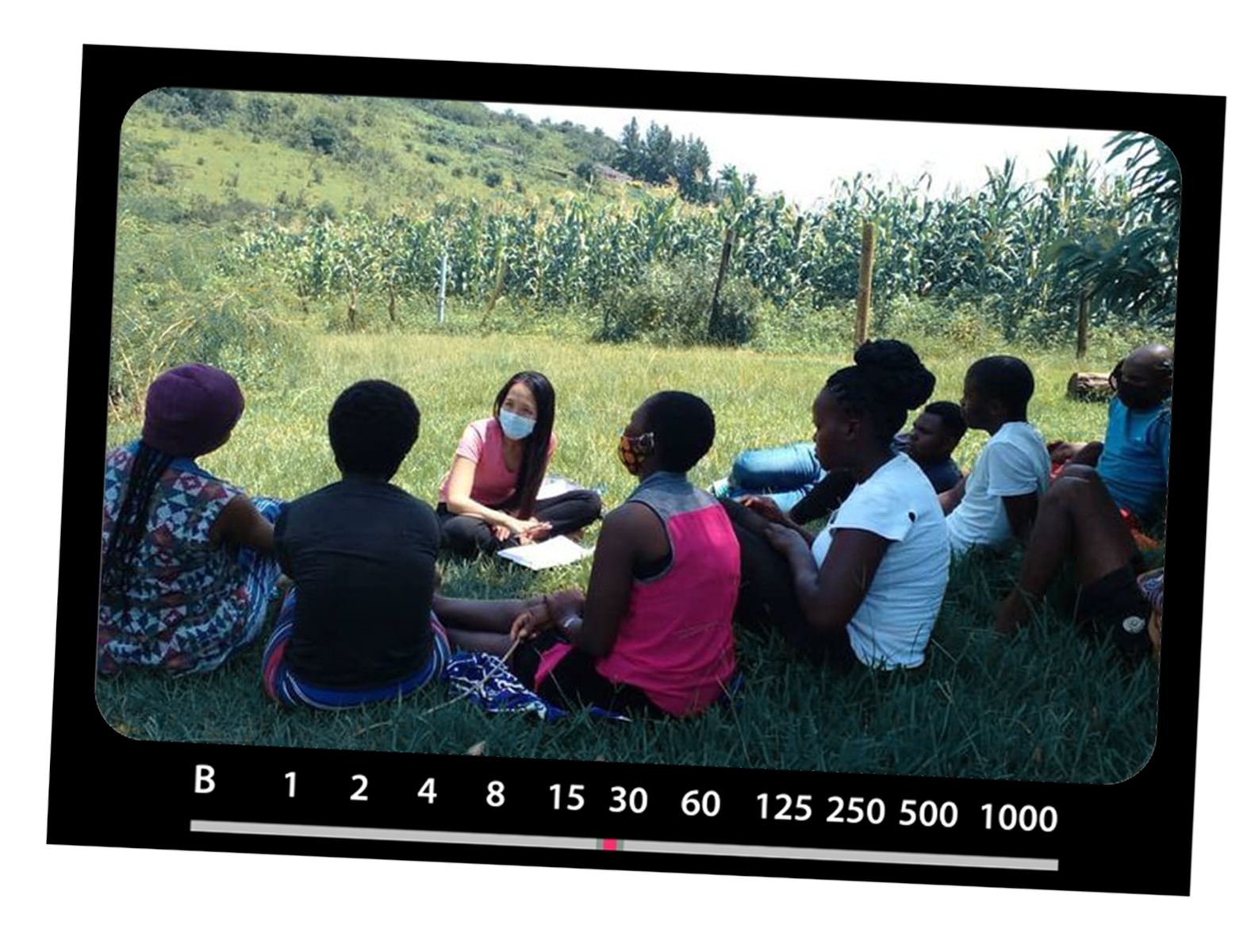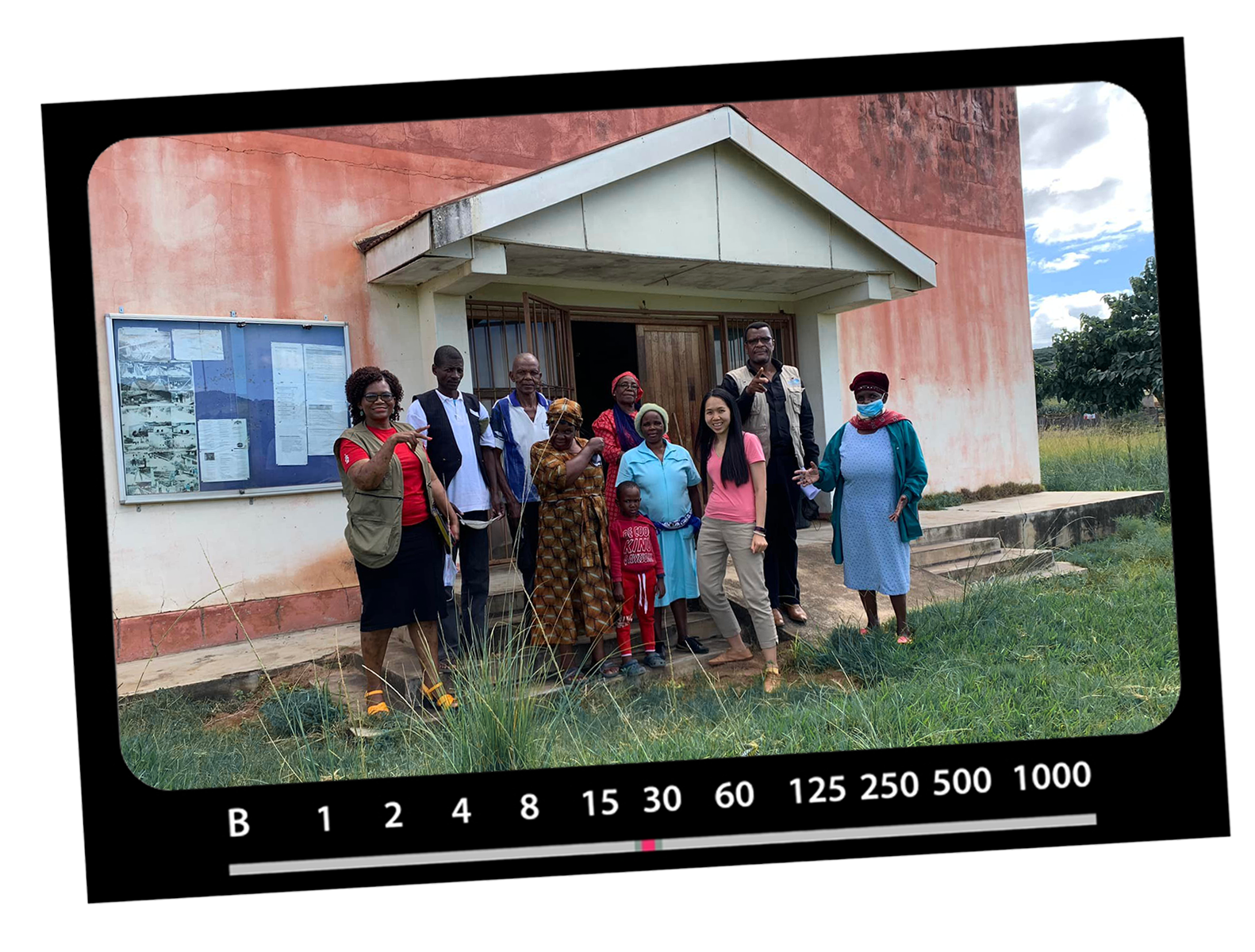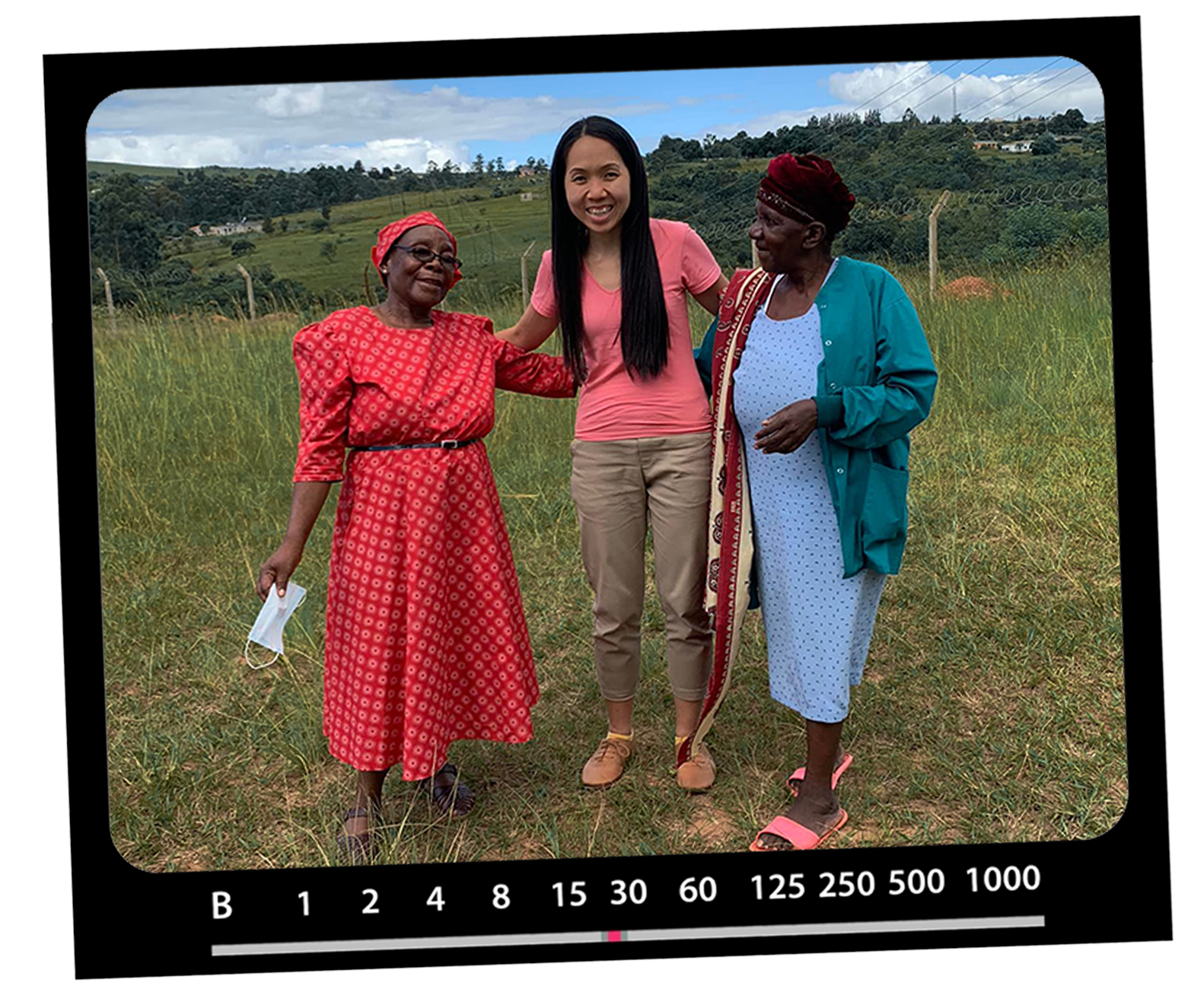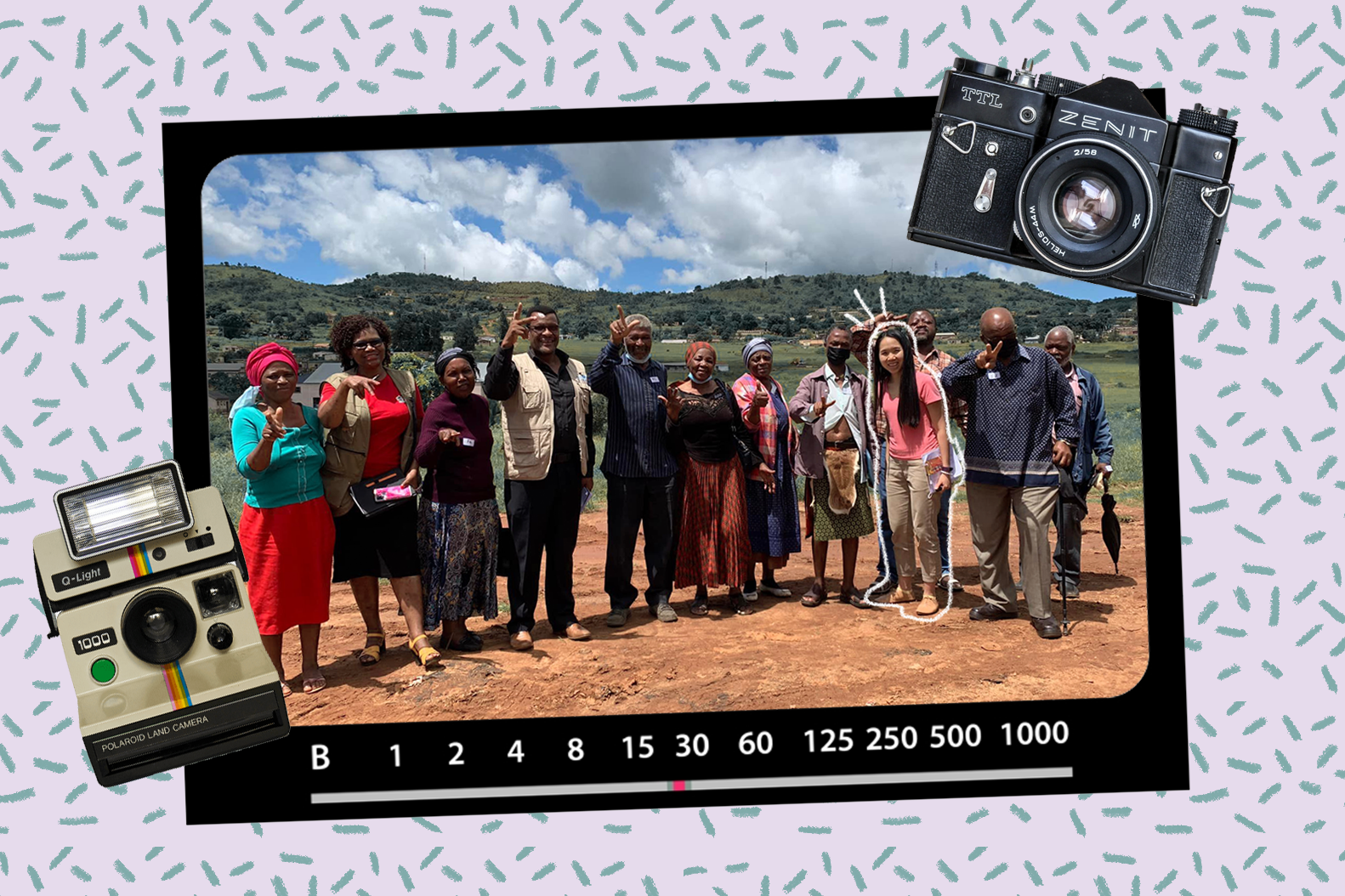“You just walked away from the best thing that could have been on your CV.”
I remember that moment. The email came in close to midnight, and I lay in bed, feeling like a punch had been blown in my gut.
Before they broke the news of my deployment to Eswatini, they’d originally ask if I would support the ongoing crisis work in Congo — but remotely, WFH.
“No, no, this is a mistake,” I recalled saying. God had called.
Cliff and I had put our hearts on the altar and were ready for me to go physically. There was no way we were taking the easy road now.
“I’m going to wait,” I told my mentor. “But there’s no guarantee,” he replied.
It was true — if there wasn’t another Country Office request, I would not be deployed at all.

But God had spoken to us to get ready. Just days before, I had had a dream of myself following a man into a kayak entering a series of waterfall rapids.
I was afraid but the man said: “Just follow me. Do what I do, and you’ll make it through.”
I had no doubt it was the Lord Himself.
“What is to be our response to the Father: always a Yes, without conditions, without limits, without reservations.”
“What? So you didn’t know you were coming here?” asked my Eswatini colleagues as they laughed heartily, faces filled with wonder.
A day ago, as I returned exhausted, heart-and-mind weary from the long journey into the rural Inkhundlas (district) interviewing elderly villagers about their access to healthcare, I came across these words by Elisabeth Elliot:
“What is to be our response to the Father: always a Yes, without conditions, without limits, without reservations.”

As I sat across from the village chief, eyes protruding, neck veins bulging with anger and ferocity, the animal skin hanging out from his traditional wrap skirt, I watched my local colleague translate on my behalf.
I took the deepest breath to ask the most sensitive of questions: “How will your people thrive if you don’t believe in this?”
Knowing that I expected him to filter it through the lenses of cultural nuance, my colleague, a tall broad man with coarse hands and twinkling eyes, translated it to: “Babe (a term of respect for fathers), how can a mother crab tell her babies to walk straight? (Siswati saying)”
Volcanic laughter.

As I saw the faces staring back at us, wrinkled smiles of grandmas and grandpas, bent over with canes and crutches, desperate for a mobile health van to be stationed at their village to provide vaccines, the hard edges of the village chief’s face softened*.
“Come back with your health van. Park here for a week. I’ll be the first to commit.”
I thought back about the offer to have the “best thing on my CV” and began to see how not every open door might be from God.
There are times He requires us to lay the easy option down and to put our lives on the altar. There are times when the easy, remote option just will not bear the same fruit of being present, of having paid a personal price.
Back then, I had no idea where I’d be sent. But I knew He wanted a yes, a yes “without conditions, without limits, without reservations”.
A wholehearted yes.

And from there, He handpicked the country whose language and culture came easily to me. He handpicked a local team whose chemistry between us is combustive, especially since we all love the Lord.
So that at the end of a long hot weary day where we missed lunch, got dehydrated and waited for hours on end, and I arrived back in tears without understanding where they came from, it was all worth it.
For an entire Inkhundla to be turned around and more to come, saying YES, an unconditional yes to the unknown, even if I “missed the (supposedly) best thing on my CV”, was worth it.
*Since the ground-breaking conversation with the Inkhundla chief, a total of 80 community health mobilisers have been trained and deployed into the district as part of a pilot launch to improve vaccination rates across Eswatini.
- What are some of your obstacles to obeying God wholeheartedly?
- How do we discern well whether an open door is God’s will for us?
- Have you experienced open doors that were not God’s will for you?










